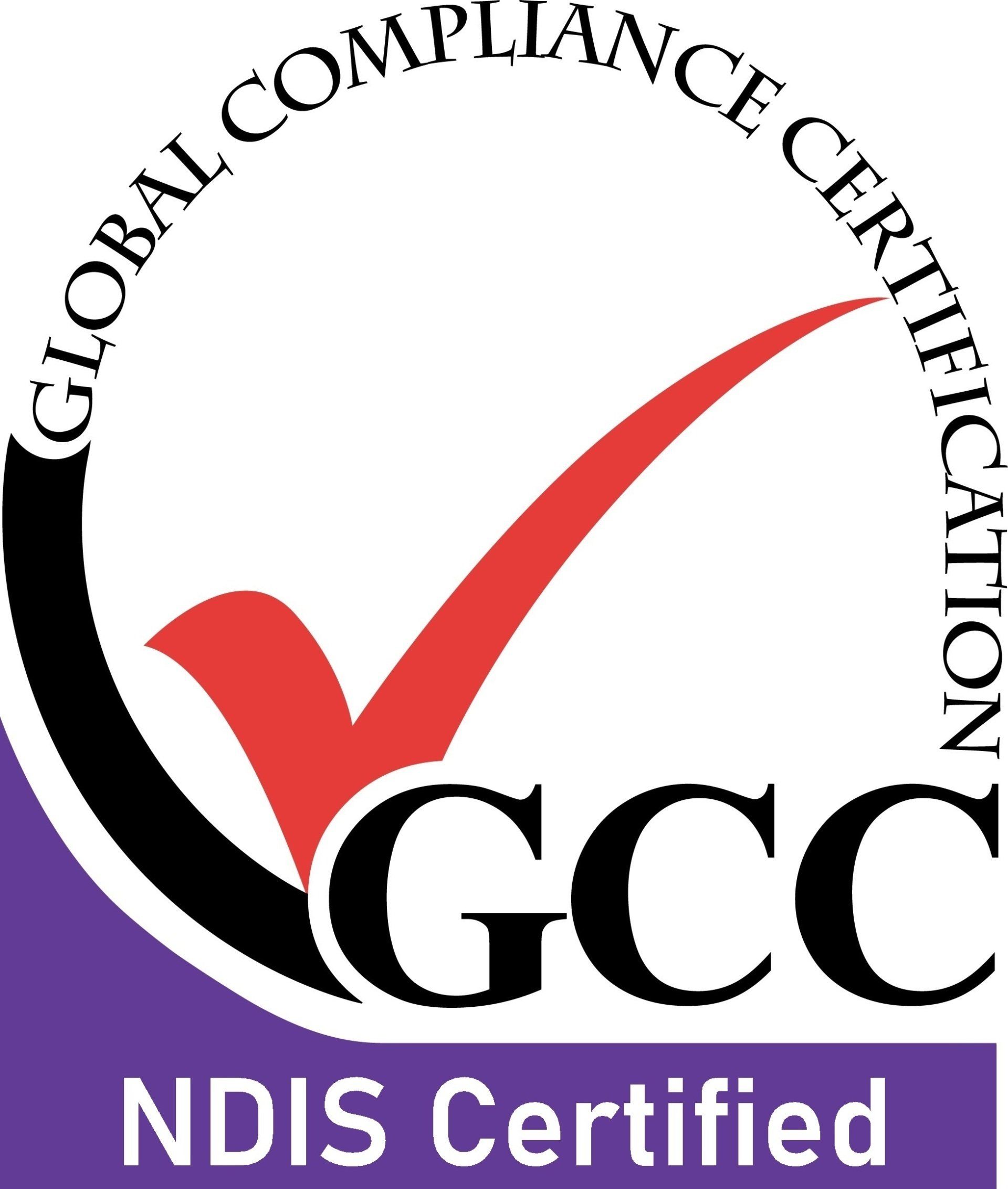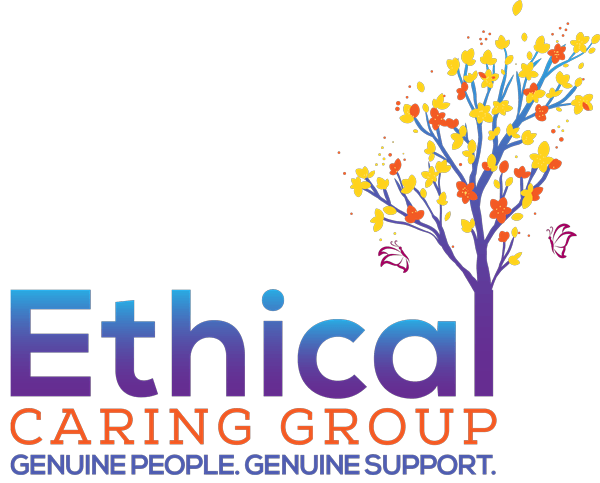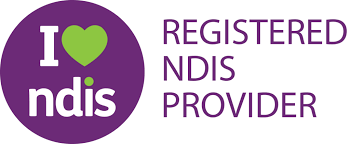So, you want to provide services to NDIS participants?
The NDIS needs a continual stream of new providers to step up and support participants, are you ready, willing, and able?

I lead a team of twelve of the most dedicated and knowledgeable Support Coordinators, Recovery Coaches and Social workers that you could ever have the luck of assembling in one place. We pride ourselves on knowing the ins and outs of the NDIS, keeping up to date with professional development and believe that sharing information is the way we can support the people we work with to achieve positive outcomes with and from, their NDIS funding. We work hard to be the best at what we do, so that the people we support can have the life they want and deserve.
We have the privilege of working with hundreds of providers across our team and we hold close the ones that have the same ethics, values, and business practices as we do, because we can trust that when we suggest their business to the people we support, that they will do an excellent job and do the right thing by participants. We also constantly seek out new and emerging providers because the more relationships we build the more we can offer participants, allowing them more choice and control over who they work with.
We have seen providers come and go and it is never a sad day to see a provider who is doing the wrong thing, leave the sector. It can be really frustrating to see providers who either blatantly choose to ignore the legislation and guidelines of the NDIS, as well as providers who have seemingly woken up one day and decided they want to be a NDIS service provider but have no idea of what they should do to create a safe and ethical business for participants. Please do not get me wrong, everyone starts somewhere and that includes me. So why do I have the right to tell other people how to run their business? I mean, I don't to be honest, but I do feel like we are well positioned to see a large array of things that other providers are doing that make us say "Oh no...."
I am going to talk in a bit more depth below about my topic, but I want to put this out there. If your whole life you had been gardener, and with no training, no research, and no understanding of the financial side of doing business, and you woke up one day and you decided you wanted to be a professional snake catcher as of the following Monday, how do you think that would work out for you?
I think most people will say not very well, because that would be dangerous to you, dangerous to snakes, dangerous to customers and on the other side.
How do you know what to charge?
Do you have a little mobile eftpos machine or are you only doing cash jobs? Will the tax man find out?
Do you understand what qualifications you need?
Do you know what to do with the snakes after you catch them (hopefully without getting bitten) and where they need to be relocated?
Do you know what animal welfare laws are in place?
Do you need a licence?
Do you have an accountant that knows how to do everything financially for your business or someone to get good advice from? What happens if you are sick and can't work, do you have insurance?
And I could go on, and on and on.
Now let me be clear, I am an animal lover and that includes snakes, I don't want to diminish their importance, but in the case of the NDIS we are talking about working with Human Beings, real people, often very vulnerable people. Human needs are a lot higher than snakes and there can be a lot of negative outcomes ranging from personal inconvenience to catastrophe when you get it wrong. Ok, that could happen with snakes too.........let's move on.
So, what is the motivation around today's blog? I will be very transparent, we as a team often share a lot of frustrations around some providers who are getting it wrong. As much as we can, we will help providers understand their requirements under the NDIS if the participants we are working with are not getting the correct support. Over the last few months, we have been noting a lot more incidents where providers are showing their inability to understand and work within the realms of the NDIS. Sometimes, it feels like there is a combative approach when being told they are not doing the right thing. As a team we are very gentle when explaining to providers that we are picking up inconsistencies and issues in their service delivery. It is sometimes not well received, and I can only imagine that being faced with advice that your support is being incorrectly delivered, is not a nice feeling. Personally, if somebody tells me I am doing something wrong, I take a curious approach because I want to know what they are seeing and if it needs to be fixed.
Support Coordinators are here to work for participants, and it is not personal when they pull you up on things. If an experienced and skilled SC is telling you that they have noted some issues with your service delivery, that are affecting a participant, or are against the rules, you will only benefit from being open to hearing that and working on the issue that has been identified.
However, Support Coordinators are not funded to help you run your business either. The frustration is very real when we have conversations like this:
"You are unable to charge for that support the way that you are, as it falls outside of the NDIS pricing arrangements"
"Well, what should I charge then?"
"You should be charging according to Line item XXXX in the pricing arrangements"
"Well where do I find that?" ..............................................
At this point you are simply showing that although you are providing services under the NDIS, and want a slice of the NDIS pie, you have not even bothered to educate yourself on some of the key documents that the NDIS uses to help providers understand their obligations. How did you get to where you are, providing a service to a NDIS participant, when you did not do any research at all around how to do that safely and effectively? This is a genuine consideration you need to reflect on if you are working within the NDIS sector.
My team cannot use participants funding to help you understand your business obligations. Our time is precious, and it should be solely focused on supporting participants as per the role of a Support Coordinator, not as a business advisor.
Let's have a quick run through on the things my team have brought to me this year already, that might clarify even further what I am talking about here:
"Can you please tell me how I get worker screening completed for my staff? I can't access the website and don't know how to do it"
- No, we can't tell you how to do that because we expect that if you have staff and are supporting clients to a level that you require extra staff, that you should at least know how to do this task
"I am providing counselling but no, I am not a registered counsellor, so if I can't charge the counselling line item, what do I charge?"
- You're a support worker who is working way outside your job role, so you can charge the support worker line item closest to what you are doing. There are so many red flags here I don't know where to start.
"I am doing Yoga with the participant, I don't have any qualifications, but I also provide a holistic session where we talk about mental health and well-being so I don't understand why I cannot charge the therapy line item at $193.99"
- You are a support worker doing Yoga with the participant, you can charge the support worker line item. You can use the word therapy as much as you like, you are not qualified to charge these line items.
"I have just witnessed a serious incident where somebody physically hurt the participant in their own home, I don't have any policies or procedures around this, what do I do?"
- If anyone witnesses another person being hurt the first thing you need to do is call the police/ambulance. This one is a regular occurrence, and it needs to stop. The Support Coordinator is not an emergency service and if there is a crime in progress (violence against another person is a crime) then you need to call 000, not ring a Support Coordinator for advice. There of course are different responses to different issues but if you do not have a plan in place around what you, or your staff do in the case of an emergency, then you are working in an unsafe manner. We get it, it is a frantic situation when you get involved in things like the scenario outlined, but it is not a time to ring around everyone else but the people that need to be called, which are the relevant authorities. If the house started to burn down, would you ring the Support Coordinator for advice first, or ring the fire brigade? I hope everyone said the Fire Brigade!!!
Well, the plan manager has been paying my bills so I don't know why you are saying that I cannot get participants to pay for facials and eyelashes with their NDIS funds? Look, I don't know the ins and outs of every participant so what is reasonable and necessary for one, may not be for another. What I can tell you is that facials and eyelash extensions are almost guaranteed to be classified as daily expenses and not disability related. Pretty Much.
Why would a plan manager be paying this invoice then, surely that means I can use NDIS funds for this service? I hear you ask. Well, there are a million and one reasons, but here are a few. And none of them mean that the NDIS is okay with paying for these kinds of things.
- What support given have you got written on your invoice? I would hazard a guess, something like, "Personal Care"? Well, many plan managers are not going to question this, but you are committing fraud.
- Many plan managers, especially new ones trying to secure business, are a lot less inclined to question invoices, or are unaware themselves that certain things would not be considered reasonable and necessary.
- If the participant gave your invoices an auto green light for payment without question, and the plan manager is not even checking them. It is up to you and the participant to know what can and can't be claimed, and not put in invoices for things that the NDIS does not pay for.
Just because it got paid, doesn't mean the service you are providing under the NDIS meets the legislation and guidelines. That is a cold fact and one of the most frustrating parts of the lack of clarity across the NDIS.
These are just a few examples of an ongoing low level of safety and service delivery that is becoming clearer in the sector. So how do we do better as new or even not so new providers?
Have you started here? https://www.ndiscommission.gov.au/providers Because you need to start here. The links are going to help clarify your obligations as a provider.
Do you know the NDIS legislation? It is always a clever idea to have an idea of the legislation you work under: https://www.ndis.gov.au/about-us/governance/legislation
Have you asked around and made some contacts with generous providers who might be willing to share some time and knowledge with you? Attend events, find networking opportunities, do you know someone who has already been doing this a while and that is why you want to do it too, are they doing it well? They may help you out.
Get paid help: There are plenty of providers out there that can help you to start your NDIS business, whether they help you strictly with NDIS compliance or give you one on one supervision it is worth looking in to. Remember, ask for recommendations to see who might suit you best. I cannot recommend anyone, but Google and Facebook are your friend.
Just because you are not a registered provider does not mean you don't have rules to follow: There are plenty of amazing, unregistered providers out there so this is not a dig at them. There are also some unregistered providers who think that is a free pass for doing what they want to do. Why should you hold yourself to all the same standards that registered providers must? Because it shows you have ambitious standards for your business. Ambitious standards for your business mean that participants get safe and appropriate services and supports.
Where are you headed? Just because you are a sole trader, or a "small business" you need to work out where your business might head before you start. When I started my business, I had all intentions of expanding and becoming bigger in the future and I put policies, procedures and systems in place that would work for me as an independent and a bigger business. You may intend to only ever be a sole trader and take on some hours to suit your lifestyle or have the same vision as myself and want to become a bigger provider over time. Knowing where you are headed and what your business goal is will help you understand what level of compliance you need to have and what level of risk you will encounter.
Know your strengths. When I started my business, my primary experience and training was in Complex Mental Health. I have worked across many fields in the Community Services Sector, but Mental Health is where I feel most comfortable, and my knowledge is greatest. So, this is where I focused my business. It is important to know your strengths and remain working in areas where you feel confident and knowledgeable and most of all have passion for. My company works with all disabilities, but we are still primarily focused on complex mental health. I have brought in staff who have experience and knowledge to fill any gaps and allow safely support many different people now. Don't do things you are not comfortable doing because it shows up when you are at work. If you do not know what to do to support a person that has complex mental health issues, don't support them until you learn. If you are not comfortable doing personal care, don't do it until you are, or just don't do it at all. Participants know when you don't want to be there, and they will respond accordingly. I always know when a staff member is going to resign from their position, because participants will start to ring me to tell me the staff member is doing things that are out of character. Like not answering calls in a timely manner or dropping the ball in other ways. Do what you love and stick with that. Once you stop loving it, stop doing it.
Know your risks: This is not negotiable. Make sure you are insured. Make sure you are aware of the risks that you can face in your business. Do a risk assessment.
Do you do heavy lifting? Then you and the participant are at risk.
Do you work with people with complex mental health? then you and the participant are at risk.
Do you take young participants to carry out activities in the community? Then you and the participant are at risk.
Do you provide services in a private home? Then you and the participant are at risk.
Do I need to say anymore? There are so many risks, know how to identify as many as you can and how to deal with them.
Everyone needs to try to be better in this sector. That is a positive thing. Nobody is perfect and nobody can be perfect, including us. What we can do is foster an atmosphere of curiosity, learning and knowledge being the basis of everything we do. It is not okay to do half a job when you are working with people who often have multiple barriers and challenges to face, without service providers making life harder. We are here to support the enhancement of people's lives. I think I could have made this article ten times longer, but I am sure by now your head might be telling you it has taken in all it can take for now. I hope that if even one person does more and sets a higher standard because of reading, then my job is done. I would be beyond ecstatic if I could reach even more.
Good luck on you provider journey. Remember, all lengthy journeys should have a research period before it starts. That research should show you the best route to take, while facing the least risk and achieving the most positive outcome.
All Rights Reserved | Ethical Caring Group
Website designed by 🐷 Little Pig Consulting 🐷






